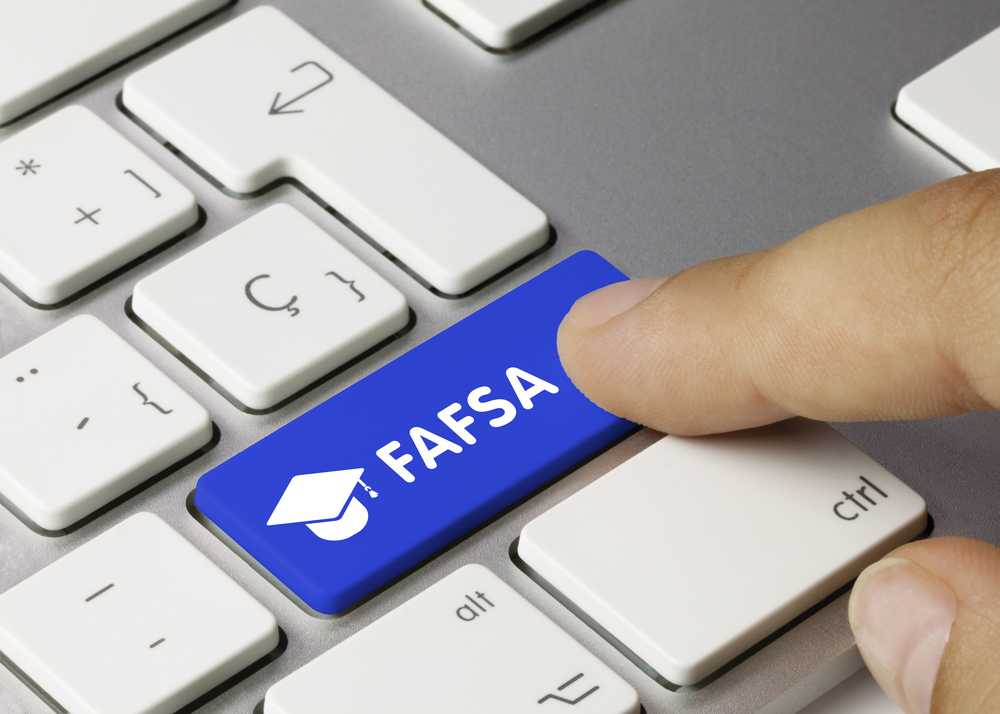
For many students, pursuing a graduate or professional degree can provide important career advantages, but for some students an advanced degree is not possible without financial aid.
Whether you plan to pursue a graduate program right after completing your undergrad degree or if you’ve taken a few years off, there are some things you should know about financial aid for graduate students:
- Graduate students should complete the Free Application for Federal Student Aid (FAFSA). The FAFSA information will be used to determine eligibility for federal financial aid and may be used by the school you plan to attend to determine eligibility for some of their institutional financial aid programs.
- All graduate and professional students are considered independent students on the FAFSA. Unlike undergrad students, who may be considered dependent and need to provide parental information, graduate and professional students do not need to provide parental information.
- Graduate students often work as graduate assistants to fund their education. The position could include teaching, research, or other work on the campus. Make sure you let the program to which you are applying know of your interest in graduate assistantship positions.
- Graduate students are generally not eligible for federal need-based aid. However, some graduate students may be eligible for Pell grants, but only if enrolled in a postbaccalaureate teacher certification program. The Department of Education provides a “Financial Aid for Graduate and Professional Students,” which has more information about some of the federal programs, including Direct PLUS loans.
- Graduate students should research free funding before taking out student loans. For example, many employers offer education benefits and will help current employees pay for their graduate education. In addition, there are scholarships available for graduate students. Search online scholarship websites and be sure to check with the financial aid or program office at the school you plan to attend.
If you have taken out any student loans for your undergraduate education, you can have them placed in an in-school deferment while in graduate school. However, if you plan to borrow additional money for a graduate program, make sure you only borrow what you can afford to repay.


